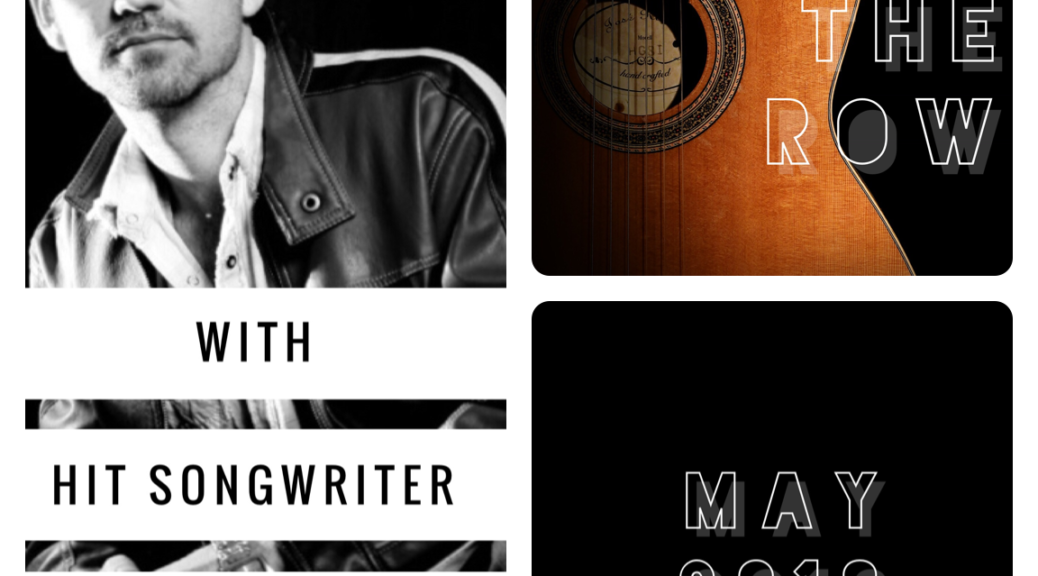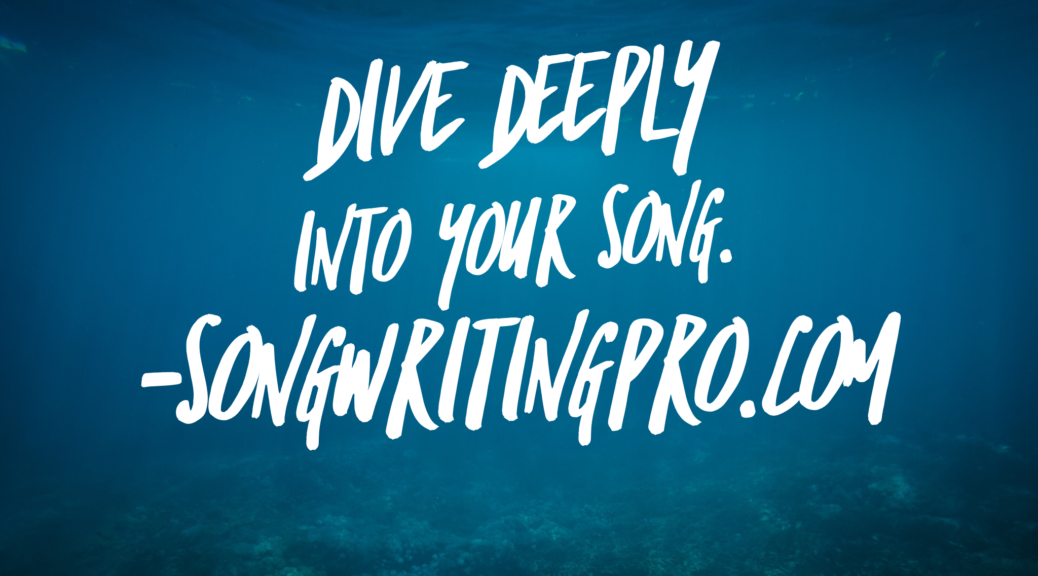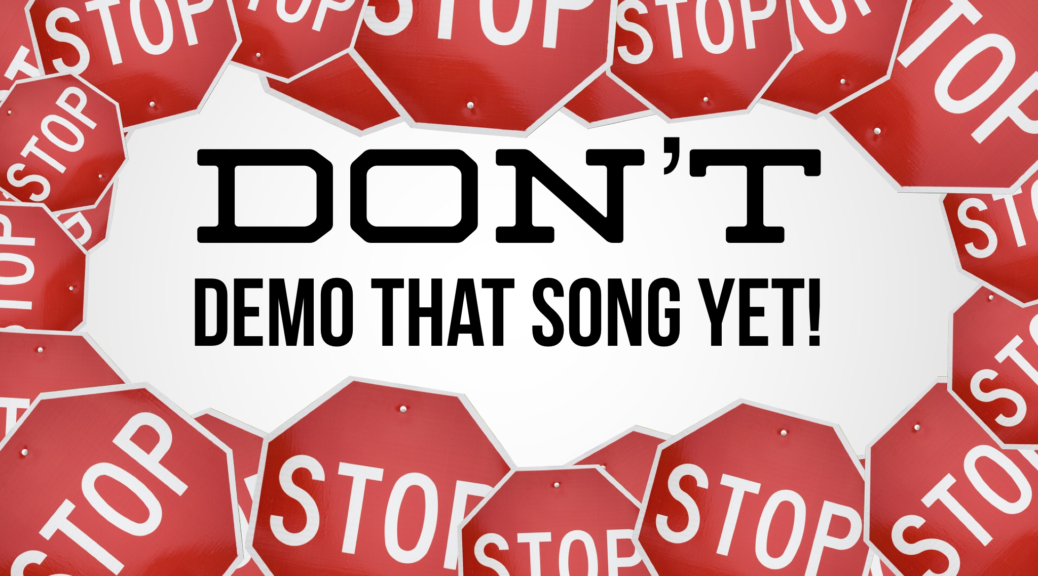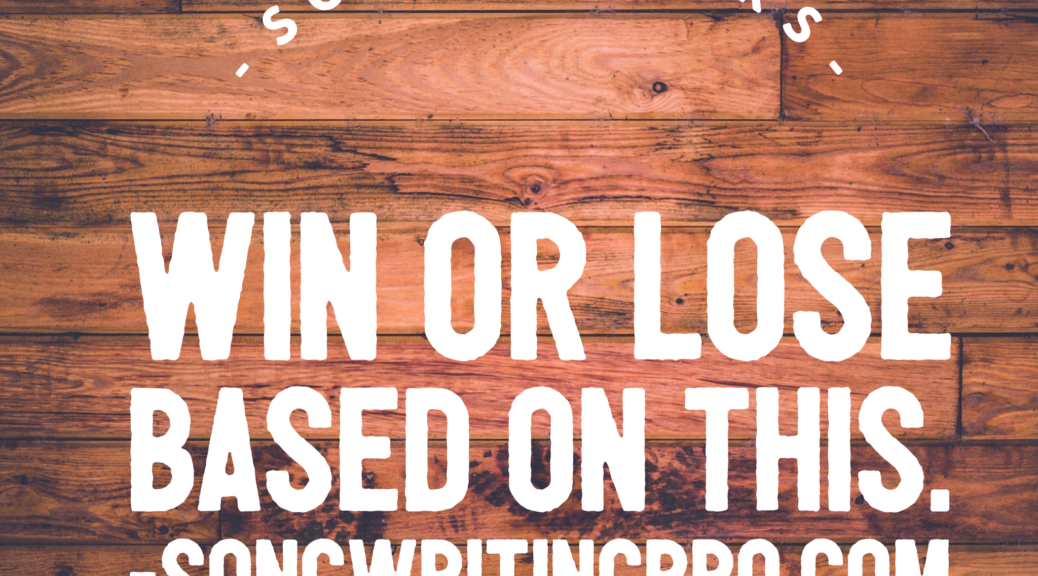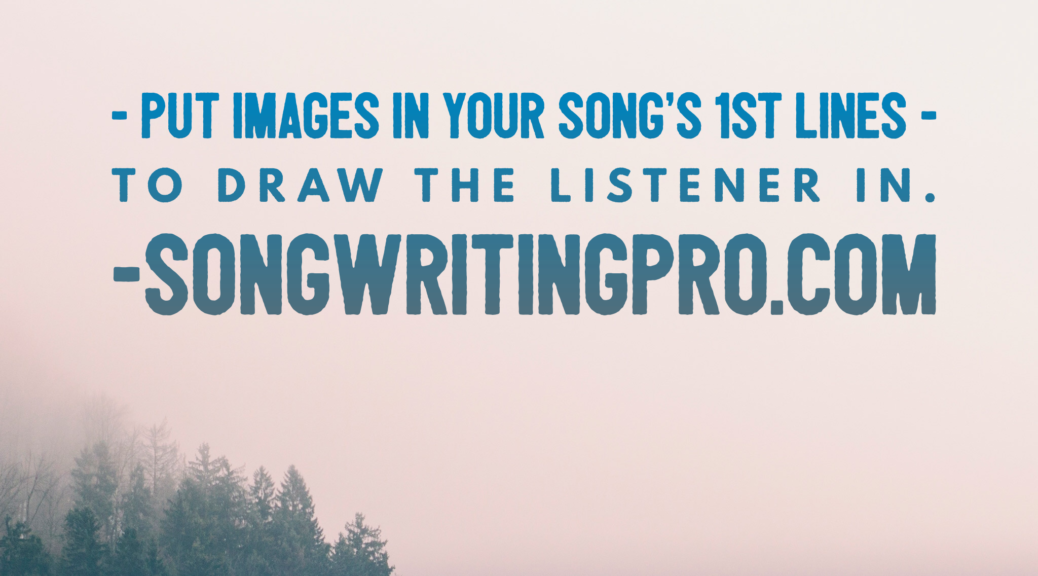Here’s golden advice from a #1 songwriter.
Jimmy Yeary’s Lee Brice hit, “I Drive Your Truck” was awarded Song of the Year honors at the 47th annual Country Music Association Awards, as well as Song of the Year at the 49th annual Academy of Country Music Awards. More recently, he landed another chart-topper with David Lee Murphy and Kenny Chesney’s “Everything’s Gonna Be Alright.”
Yeary’s songwriting credits also include Kenny Chesney’s #1 hit “Til It’s Gone,” Rascal Flatts’ #1 single “Why Wait”, Jake Owen’s #1 “Anywhere With You,” and Martina McBride’s top 10 hit “I’m Gonna Love You Through It.” He’s also had songs recorded by George Strait, Leann Rimes, Troy Olsen, Heidi Newfield, and more.
Jimmy was a recent guest on Frettie.com’s “Know The Row,” and he shared some great, real-world advice for songwriters. Here’s some of what he had to say.
Read on!
________________________________
To BE a pro, you need to THINK like a pro, and this FREE ebook will help transform your thinking, your songwriting, and your success. Get it today!
_________________________________
Here is a bit of Jimmy’s advice (paraphrased):
You don’t necessarily need to write with the artist. It certainly helps, but the right song can overcome that. I’m a firm believer that the best song wins.
If I write with an artist, I generally let that artist lead and guide. Nobody knows what the artist wants to say better than the artist.
If I feel the emotion of the song, you (the listener) will feel it. If I don’t feel it, you won’t either.
It’s really important to be yourself- to do what YOU do. Expose that to other people and let them decide if the value you bring is something they want. And it helps to be a writer that people want to be around.
I go through a ritual every day to get my brain revved up. Reading, vigorous exercise and brain exercises get me ready to write. I can’t just wake up, hop in the truck and go write.
Get going early. Bring in ideas so you can find the idea quickly. Then you have more time to work on the song.
I know what makes me be my best. And then I make sure I do those things that make me the best I can be.
If you want a Blake Shelton cut, you better have every Blake record and study ALL the songs. Because if you haven’t, other songwriters have. If you want to give yourself the biggest advantage, you have to study their music.
The key to everything I do is the prep I do. I have a healthy diet, I exercise, I read, and I study artists and the market- on a very consistent basis- to give myself the best chance for success.
I don’t want to write a good song. I want to write a great song.
What’s important between cowriters is not having ego. You can’t get easily offended. You have to be able to be honest with each other.
One of the worst attributes you can have as a new songwriter is thinking you’re really really good. You need humility to get better. The more stuff you can figure out that you’re doing wrong, the more stuff you can fix. And that’ll make you better.
If you’d like to hear EVERYTHING Jimmy had to share, the full video replay is available in Frettie’s Member Area. It’s right there along with full video replays of other events with hit songwriters, Byron Hill & Chris Lindsey, music publisher Scot Sherrod, artist/writer Aaron Goodvin, and more.
If you want to join our next event live, “Know The Row” is a cool opportunity for us to hang out together (online) with a music industry pro. It starts off with a brief conversation between me and our guest, as he or she reveals information YOU need to know about the music biz. After that, we’ll open it up to YOUR questions.
This month, our guest is hit songwriter KENNA WEST! Kenna has had over 31 #1 singles in the gospel and southern gospel markets. She currently writes for Word Publishing. He’s has been nominated for multiple Dove Awards, multiple “Songwriter Of The Year” nominations (AGM, SGM), and over twenty “Song Of The Year” nominations. Artists who have recorded Kenna’s songs include Karen Peck & New River, Jeff & Sheri Easter, Marty Raybon, Brian Free & Assurance, and more.
This is something you do NOT want to miss!
This event will be on Thursday, November 29, in the evening.
Can’t make it to the live event? Every “Know The Row” is recorded and added to the Frettie Members Area. These videos are a resource for Frettie subscribers.
CLICK HERE TO GET ALL THE INFO.
God Bless and Enjoy the Journey,
Brent
Brent Baxter is a hit songwriter with cuts by Alan Jackson, Randy Travis, Lady Antebellum, Joe Nichols, Gord Bamford, Ruthie Collins, Ray Stevens and more. He’s written a top 5 hit in the US, a #1 in Canada, and a top 10 in Texas. His songs appear on 5 industry-certified gold & platinum albums & singles… so far. He also hosts a top-rated songwriting and music business podcast called, “The C.L.I.M.B.” which can be found on iTunes or your favorite podcast app.


